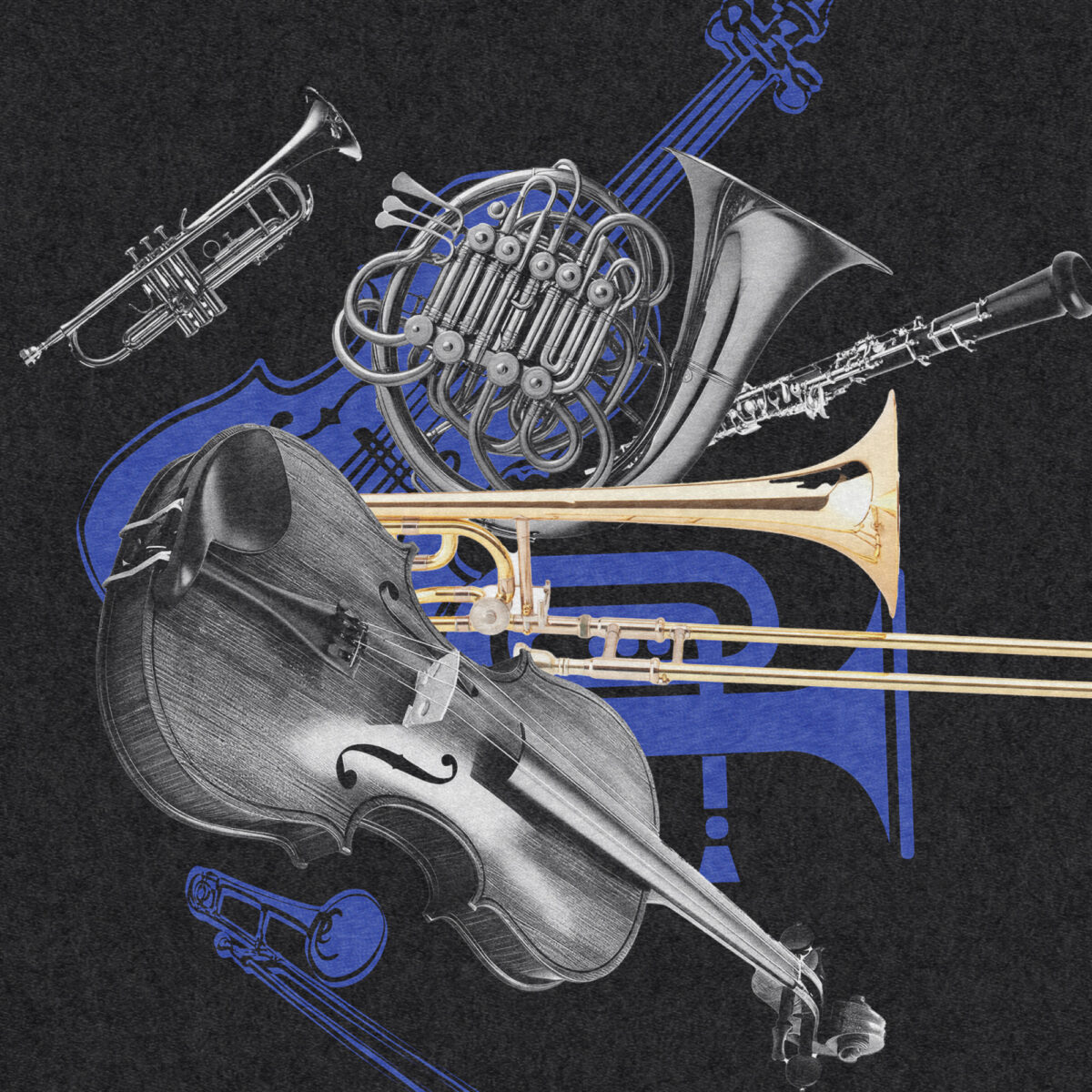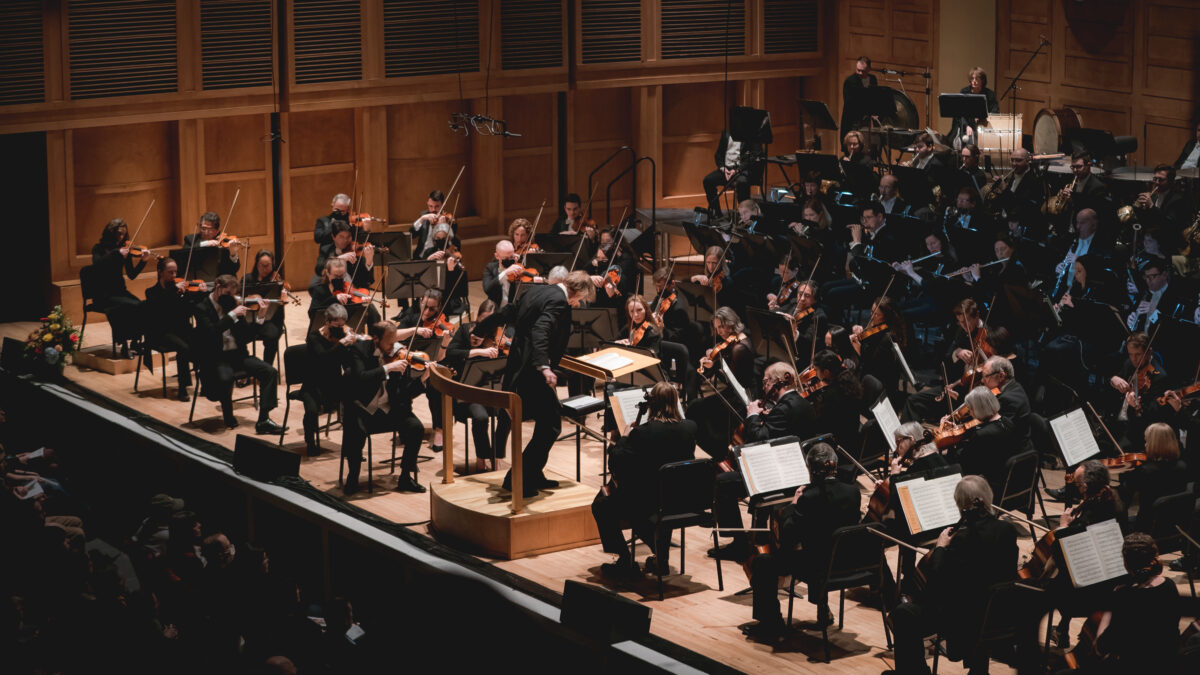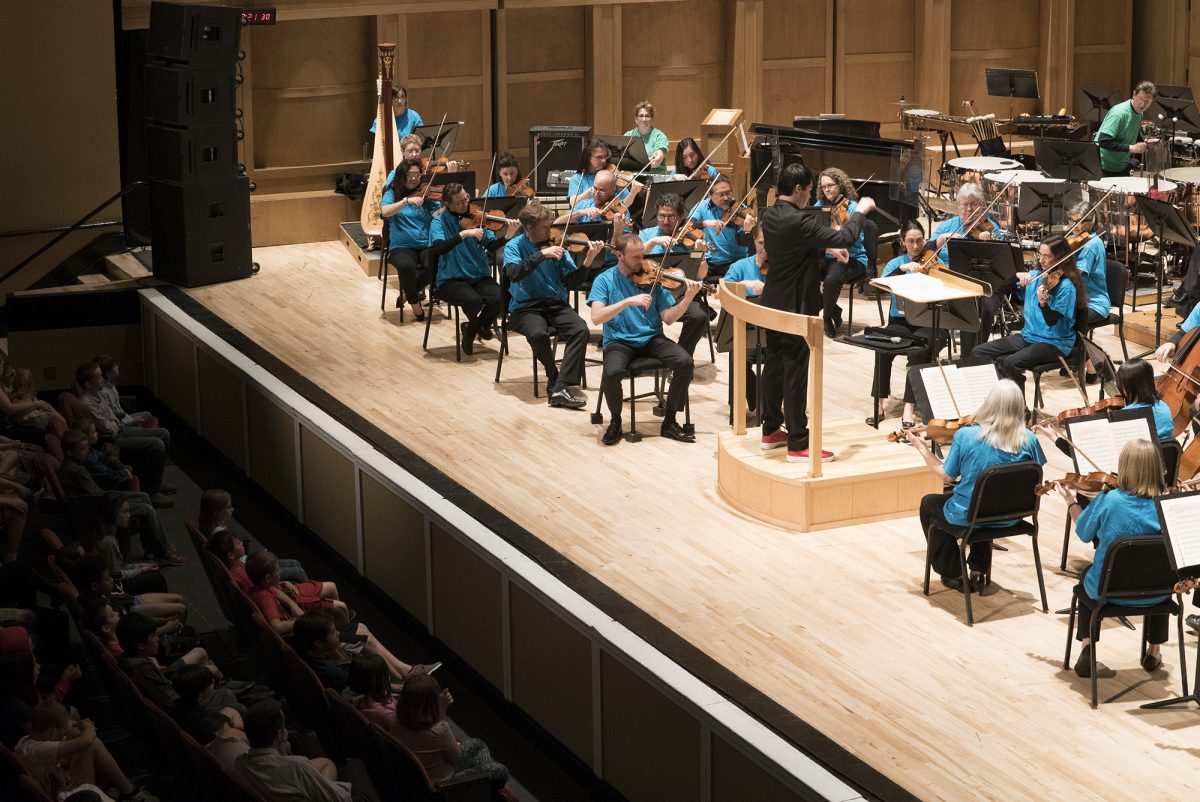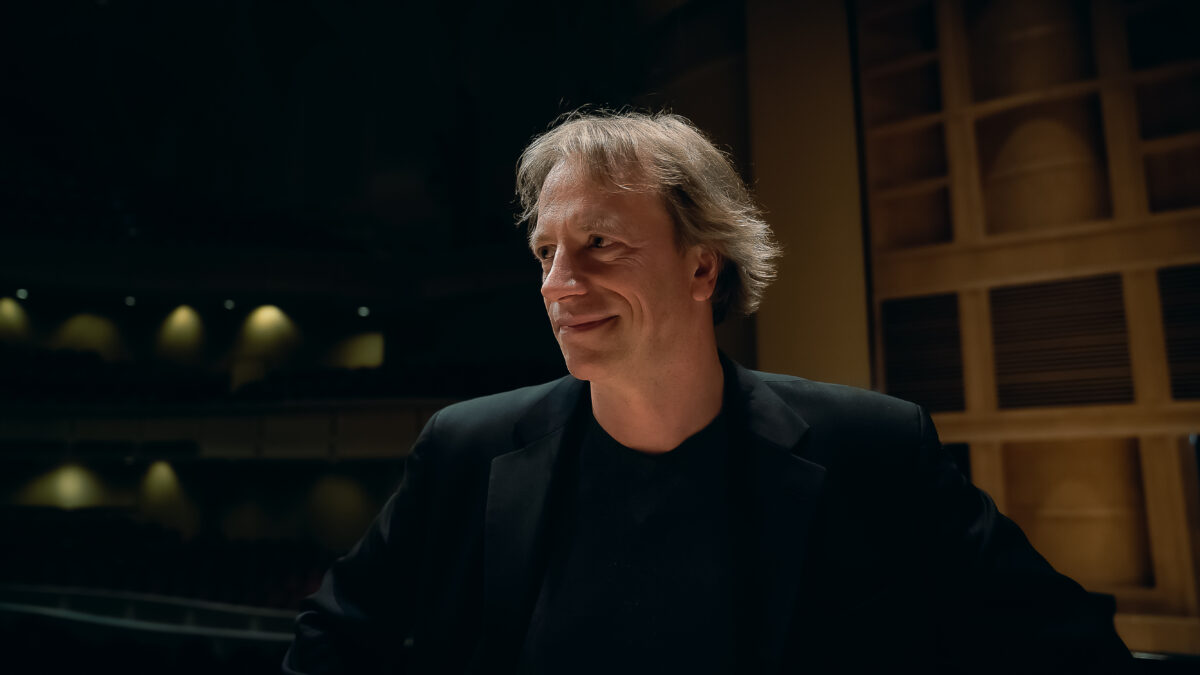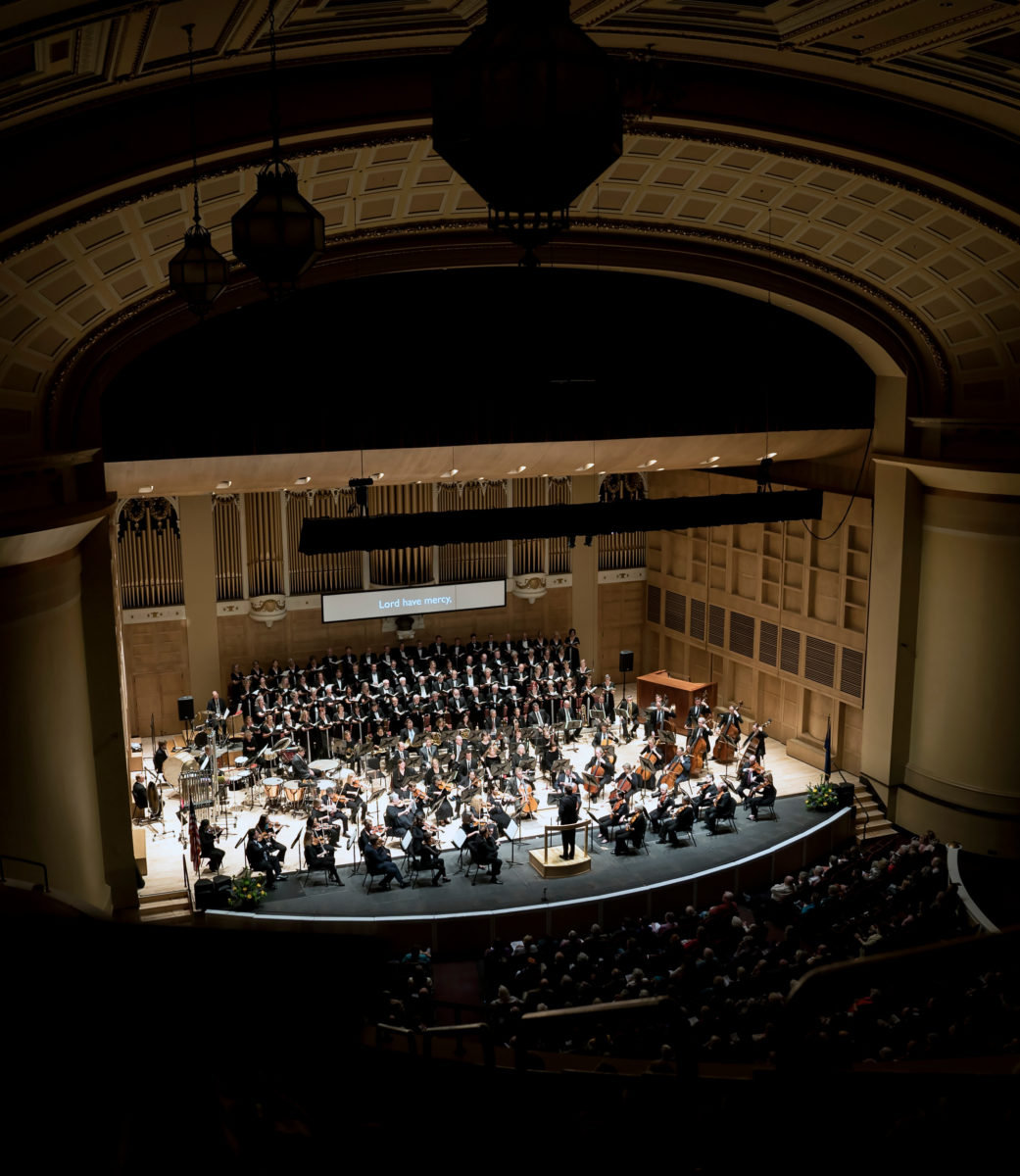Musical Landscapes Program at a Glance
Tuesday, October 12, 2023
This program could just as well be titled “National Fervor.” Musical Director Eckart Preu leads three works with immediately obvious national characteristics. Two are from countries that were part of larger empires when these pieces were written; only Romania was independent. Enescu summons a vast range of orchestral color to evoke Romanian folk instruments; Dvořák’s warm, dark colors summon up the forests he loved to walk in; Sibelius instantly paints a picture of the far North. All 3 composers fall naturally into using melodies and harmonies from the folk traditions of their countries.
The first Romanian Rhapsody by George Enescu was first heard in 1901 in Bucharest, when the composer was just 19. It has remained his most popular orchestral work ever since, by some accounts to Enescu’s great chagrin. Drawing on folk tunes from the countryside around Enescu’s birthplace, it is a great showpiece for orchestra, with important solos for the woodwinds and the principal viola, and exciting, demanding work for the full orchestra. It builds to a dizzying conclusion.
German pianist Andreas Boyde makes his PSO debut tonight playing Dvořák’s early piano concerto, which dates from 1876. The piece is not heard as often as the composer’s concertos for violin and especially cello, but it has nothing to apologize for. The orchestral writing is rich and original, with fine solo moments for winds and solo horn. The melodies are attractive and used with great confidence. Pianists have complained that the keyboard writing is awkward, even impossible. Some have made their own versions of the piano part, but tonight’s soloist believes firmly that Dvořák’s original is the only version worth playing.
Finnish composer Jean Sibelius wrote his second symphony in 1901-02. After several performances in Helsinki, he revised the piece, and it is the 1903 version that is now usually heard. Early twentieth-century Finland was still under Russian rule; listeners then freely identified the soaring, memorable melody of the fourth movement with Finland’s desire for independence. While it’s not clear that Sibelius intended this, the symphony is a masterful portrait of his beloved country, passing through sun and storm to a triumphant, ringing conclusion.
– Martin Webster






